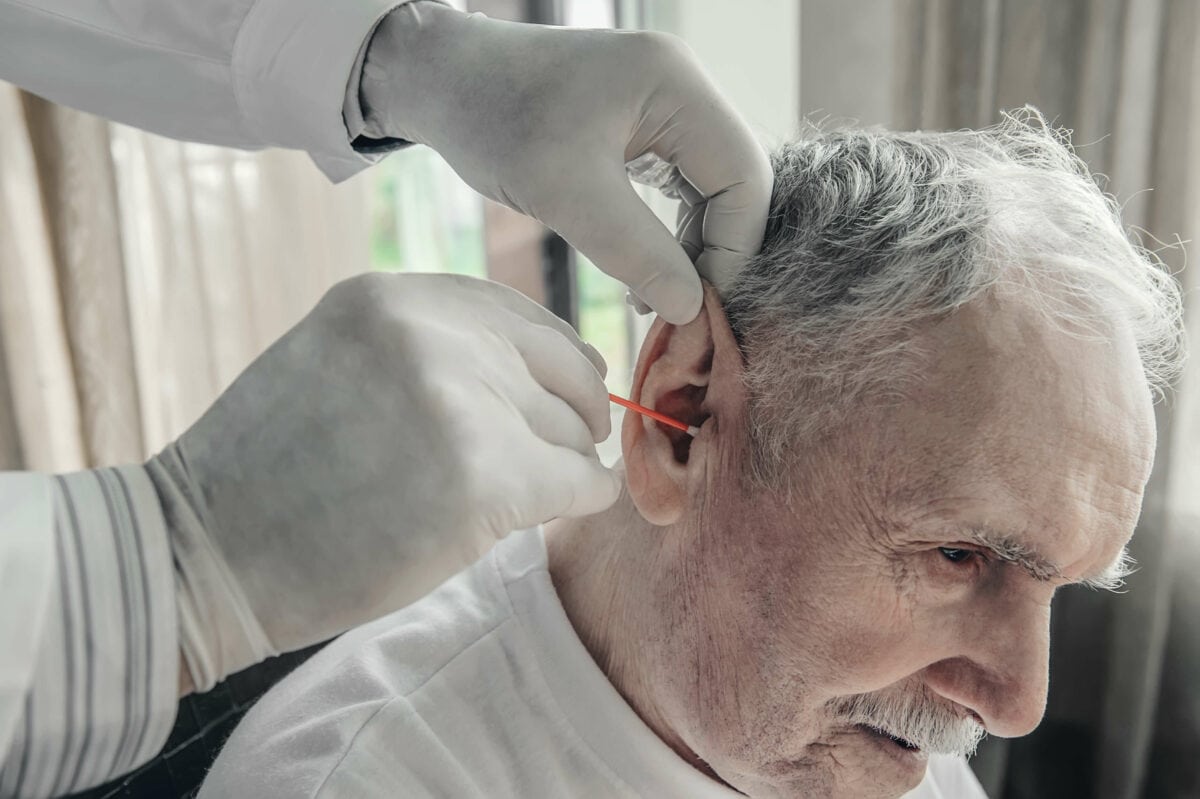- How to Recognize the First Signs of Hearing Loss - June 5, 2025
- Understanding the Connection Between Tinnitus and Weather - May 17, 2025
- The Most Unexpected Reasons Hearing Aids Can Malfunction - May 9, 2025
Hearing loss is often considered an inevitable consequence of aging. Even beyond its immediate impact on communication and quality of life, recent studies have shown that hearing loss also affects cognitive health. Indeed, mounting evidence suggests that untreated hearing impairment not only makes existing cognitive decline worse but can also serve as a risk factor for the later development of dementia. This connection underscores the importance of early treatment.
When an individual experiences hearing loss, the brain must adapt to compensate for reduced sound input. This adaptation often involves using extra cognitive resources to hear, leaving fewer resources available for other cognitive functions. Over time, this can contribute to cognitive decline and pave the way for conditions like dementia to take hold. Understanding the connection between hearing loss and dementia is crucial for promoting overall well-being and quality of life in older adults.
The Prevalence of Hearing Loss in Seniors
Hearing loss is a common health concern among older adults and affects millions of seniors worldwide. Research suggests that approximately one in three people over 65 years old experience some level of hearing impairment. The prevalence of hearing loss only increases with age, with almost half of individuals over 75 years old experiencing hearing loss.
The Complex Relationship with Dementia
The connection between hearing loss and dementia is complex. Although they are separate conditions, research indicates a strong link between them. Older adults who do not address their hearing loss have a greater chance of experiencing cognitive decline and developing dementia in comparison to those with regular hearing.
Cognitive Load and Social Isolation
One key factor in this connection is the cognitive load associated with untreated hearing loss. Struggling to hear and comprehend speech places a considerable burden on the brain, diverting cognitive resources away from other tasks such as memory and problem-solving. Moreover, untreated hearing loss often leads to social isolation, depriving individuals of meaningful interactions and cognitive stimulation.
Brain Changes and Neural Pathways
Another aspect to consider is the impact of sensory deprivation on brain structure and function. Research suggests that prolonged hearing loss may lead to alterations in neural pathways and brain regions associated with memory and cognition. These changes can contribute to the development and progression of dementia over time.
Addressing Hearing Loss Through Early Intervention
Early treatment is needed to minimize the risk of dementia associated with hearing loss. Encouraging older adults to prioritize their hearing health and undergo regular hearing evaluations can facilitate early detection and management of hearing loss. The use of hearing aids and other assistive devices can significantly improve auditory function and reduce the cognitive load on the brain.
The Importance of Comprehensive Hearing Health Exams
Comprehensive hearing health exams play a crucial role in identifying and addressing hearing loss in seniors. These evaluations go beyond basic screenings to assess various aspects of auditory function, including speech understanding of noise and localization abilities. By providing a comprehensive picture of an individual’s hearing health, hearing healthcare specialists can tailor treatment plans to effectively meet their specific needs.
Promoting Cognitive Reserve and Brain Health
In addition to hearing interventions, promoting cognitive reserve and brain health is essential for seniors at risk of dementia. Engaging in mentally stimulating activities, maintaining social connections, and adopting a healthy lifestyle can help preserve cognitive function and reduce the likelihood of cognitive decline associated with aging and hearing loss.
Holistic Approach to Senior Health
Ultimately, addressing the connection between hearing loss and dementia requires a holistic approach to senior health. By integrating hearing care into comprehensive geriatric assessments and promoting interdisciplinary collaboration among healthcare professionals, we can optimize outcomes and enhance the overall well-being of older adults.
Breaking the Cycle
The good news is that addressing hearing loss early can help break the cycle. By seeking treatment seniors can effectively restore auditory function and relieve the associated cognitive risks. Which all begins with a proactive approach to hearing health. The link between hearing loss and dementia underscores the importance of prioritizing hearing health in seniors. Through early intervention, comprehensive evaluations, and a holistic approach you can maintain your cognitive function and quality of life as you age.

